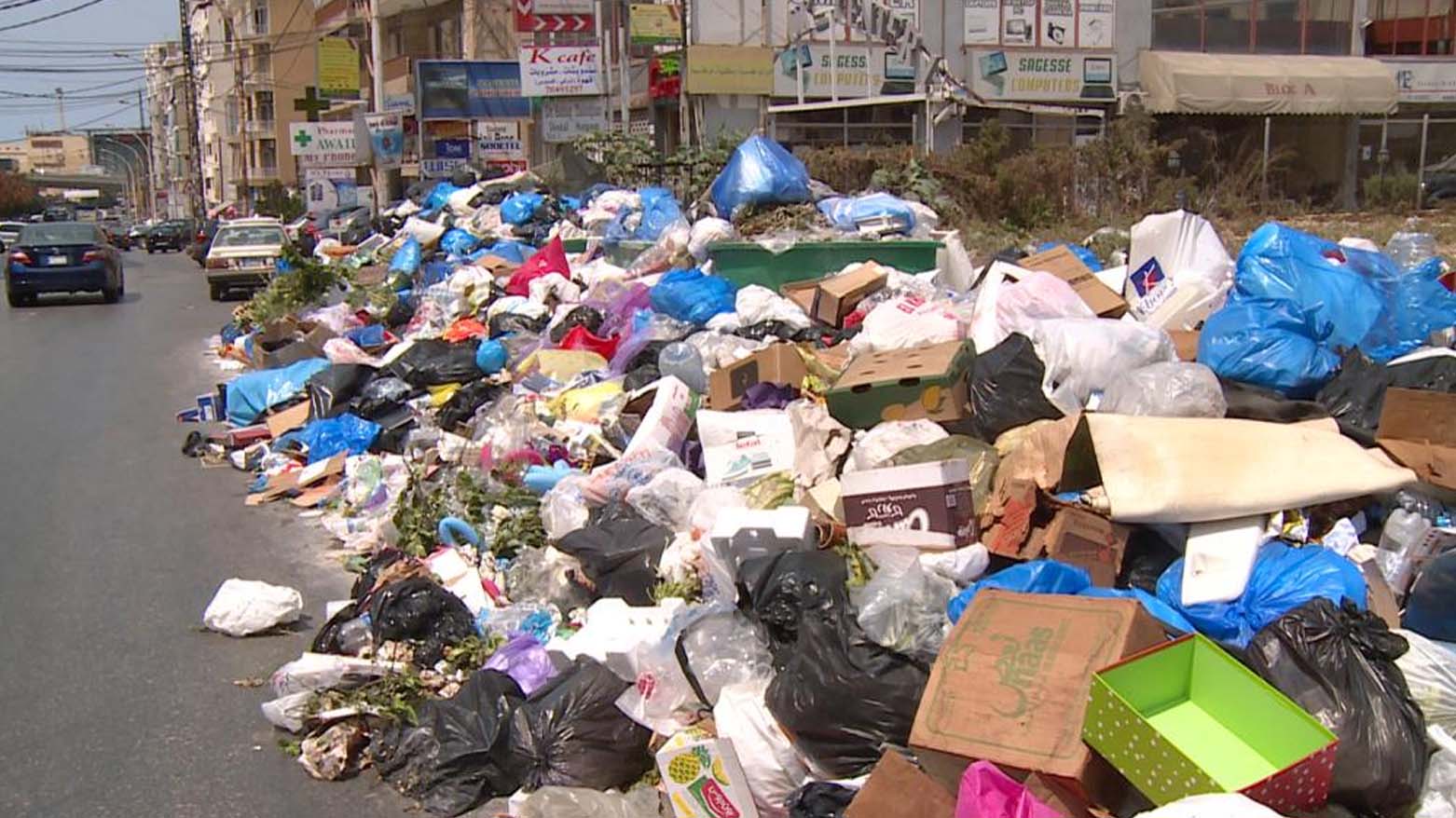Baghdad’s Mounting Waste Crisis Highlights Iraq’s Urban Environmental Challenges
Baghdad faces a mounting waste crisis, producing 8,000-10,000 tons of solid waste daily with only limited recycling capacity. The Baghdad Environment Directorate is intensifying cleanup efforts amid growing public complaints about delayed collections and health concerns.

ERBIL (Kurdistan24) – The Baghdad Environment Directorate confirmed on Friday that it is intensifying efforts to address the city’s growing waste accumulation, a challenge that has become one of the capital’s most visible urban concerns. Officials emphasized that plans are underway to remove accumulated waste, strengthen public services, and enhance the city’s environmental resilience.
Founded in 762 CE by Abbasid Caliph Abu Jaafar al-Mansur, Baghdad has long been regarded as one of the most significant capitals in the Islamic world—known for its cultural depth, historical architecture, and intellectual heritage. Over the centuries, it stood as a symbol of learning and civilization, but the city now faces complex environmental and infrastructural challenges that reflect broader patterns of urban strain.
The post-2003 period marked a new phase in Baghdad’s modern history. Years of conflict, population growth, and limited infrastructure investment placed significant pressure on public services. Waste management, in particular, has emerged as a pressing issue, with visible accumulations in residential neighborhoods and commercial areas prompting growing public concern.
In recent months, citizens have voiced their frustration on social media, urging municipal authorities to enhance waste collection and environmental protection. Many residents say that delays in garbage removal have become increasingly noticeable, particularly during the summer and autumn months, when high temperatures amplify health and sanitation risks.
Environmental organizations operating in Iraq have highlighted the scale of the challenge. According to data released in September 2025 by civil society and environmental protection groups, Baghdad produces between 8,000 and 10,000 tons of solid waste daily, with each resident generating over one kilogram per day. Experts have cautioned that without consistent collection and sustainable waste management policies, the environmental and health implications could intensify.
On October 24, 2025, Sadiq Hatem, Director of the Baghdad Environment Authority, acknowledged the scope of the issue in remarks to Iraqi media. He affirmed that the directorate is taking concrete steps to improve waste collection mechanisms and explore recycling opportunities. “We are committed to cleaning accumulated waste and developing a system that restores balance to the city’s environment,” Hatem said, noting that approximately 3,000 tons of waste per day could be repurposed for public services or recycled with proper coordination, but environmental experts say addressing the problem requires a combination of public participation, municipal coordination, and investment in modern waste processing infrastructure.
Baghdad, one of the region’s oldest and most storied cities, continues to hold a special place in Iraq’s national identity. As environmental institutions work to overcome urban challenges, officials and citizens alike share the hope that the capital’s revival will reflect not only its historical legacy but also its capacity for renewal and sustainable development.